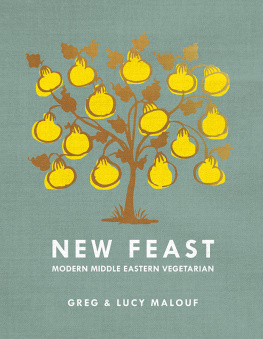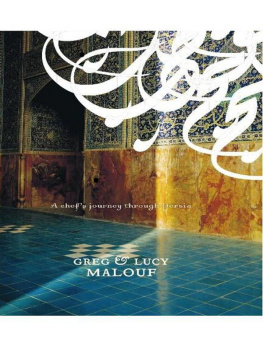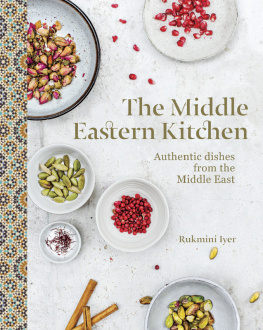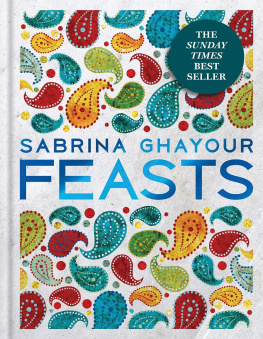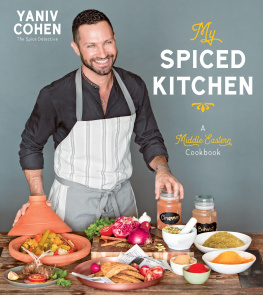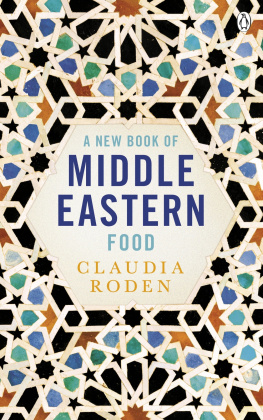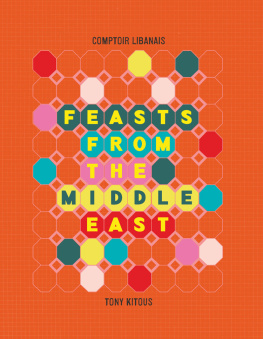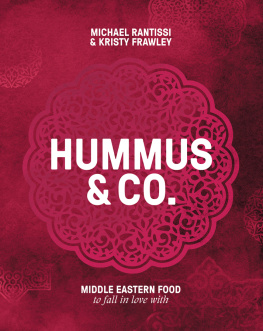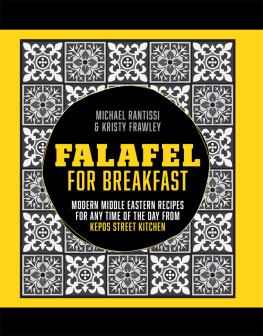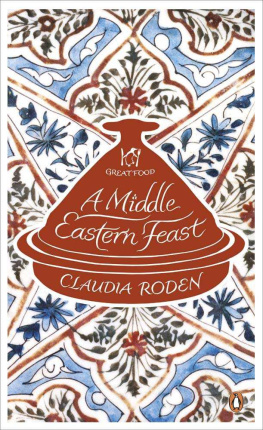Contents
It began with a curious moment of synchronicity: at exactly the same time about a year ago Lucy and I discovered that we were both, quite independently, changing the way we ate. We were cutting down dramatically on the animal protein in our diets and upping the level of plant-based foods. Not so strange for Lucy, perhaps, who has had vegetarian leanings since her student days, but it was something of a dramatic turnabout for me, a chef and confirmed carnivore.
The reasons for these changes probably wont surprise anyone: we confessed to each other similar anxieties over advancing years and a desire to be as fit and healthy as possible to meet the challenges head-on, as well as niggling long-held issues of conscience about the excesses in our respective diets.
Its that word excess thats always been the rub for me. With two heart transplants under my belt, Im someone who relishes life, who is unashamedly greedy for all thats on offer especially when it comes to my tummy. Theres no escaping the fact that I love food live for it, really. Its one of the main reasons I became a chef! But I had reached a point where 25 kg (55 lb) overweight, facing fresh professional challenges in a new country with a difficult climate I knew the moment had come to face up to reality. It was time for the feasting to stop! Or at the very least, it had to be a different kind of feast.
So what to do?
For me, it was never going to be about cutting out high-fat, energy-dense snacks and sugary drinks; theyve never been part of my diet. In fact, Ive always believed that I ate a pretty good diet; the problem was that I was just eating far too much of too many good things! Once I started reading up on the subject, I learnt that most of the current health wisdom suggests that the single most important thing we can do to minimise future health problems is increase the amount of unprocessed, plant-based foods we eat. While other pieces of nutritional advice seem to be endlessly tweaked and revised, this dictum remains a constant. In fact, recent Western government guidelines indicate that even the familiar five-a-day model is woefully inadequate and that we should be eating up to ten servings of vegetables and (to a lesser degree) fruit every day.
The flip side of the eat more veg equation is to eat less meat! More and more studies suggest that levels of meat consumption in the modern Western diet and saturated fats specifically are way too high and Id be the first to confess to loving (and eating way too much of ) every part of an animal; offcuts, offal and all. Ive never been interested in becoming a vegetarian because I enjoy eating meat and seafood far too much ever to exclude it from my diet. But instead of cutting it out completely, I wondered how hard I would find it to simply cut down the amount of animal protein that I eat? Could I refocus my attention on quality, instead of quantity?
This was something I thought I could manage easily enough because, despite being a dedicated meat eater, Ive always been a careful meat eater. Its always been important for me to know an animals provenance partly this is to do with quality and flavour, but also because I want to know that the animal has been valued. And in the main Ive been fortunate: as a chef Ive had access to ethically produced meat and sustainably caught fish delivered by suppliers who really care about their animals.
In fact the eat more veg and less meat approach was something I felt sure I could adopt a part of me even relished the challenge because I knew that my Lebanese heritage stood me in good stead. It turns out that the Middle Eastern diet is actually pretty good for you and, despite the many long years of restaurant gluttony, I grew up in a family where meat played more of a supporting role at mealtimes. And when meat was used, it tended to be the cheaper, less desirable secondary cuts, instead of expensive prime cuts. When I look back now, I see how much we depended on produce from the garden: Dads beans were the stuff of family legend, as were his thumb-sized cucumbers and wonderfully tasty tomatoes. I remember the baby cos that Mum used in our fattouche salads, the tiny eggplants that were destined for the pickling jars, the bay and lemon trees, the capsicums and carrots, and the coriander, parsley and mint that ran riot everywhere Like many Lebanese, my Dad was crazy about his vegetable garden, and while thats not a passion he passed on to me, I did learn from him the particular pleasure of eating fresh produce thats only travelled a few yards from garden bed to kitchen bench.
But the real point is that vegetables are in my blood. The Middle Eastern diet (with some regional differences) is largely vegetarian: it relies heavily on vegetables and fruit, herbs and spices and complex carbohydrates, such as pulses and grains. There is some dairy and plenty of olive oil. A limited amount of meat, poultry and fish are eaten, but they are really added extras to the daily diet. This is partly because the climate and terrain suits vegetable production somewhat more than large-scale animal farming. Meat has always been expensive, and so is reserved for special occasions. I think this is why Middle Easterners are such masters of vegetable and grain cookery: through the centuries theyve learnt endless interesting ways to cook and to present vegetables as the hero of a dish, instead of playing second fiddle to a slab of animal protein.
As it turned out, cutting down on meat and adding more plant-based meals to my diet was so easy and delicious that I wondered why I hadnt always eaten this way. As the new food adventure progressed, I found myself returning to favourite vegetable dishes from my childhood and re-reading all my old travel journals for inspiration. Before long I was busily developing new versions in my kitchen at home. Lucy and I started comparing notes and swapping recipes by telephone and, before long, the idea for a new book was born.
One of the things Lucy and I tried to get to the bottom of during our research and recipe testing was why so many people have such an ambivalent relationship with vegetables: they know they should eat more of them they want to eat more of them but they find preparing them a bit of a bore and, more often than not, mired in meat-centric food habits, they cant think of interesting vegetable dishes to cook. Other people worry that it just wont feel like a properly filling meal without a bit of meat on the plate. If either of these concerns resonate, if youre interested in eating a more plant-based diet and are looking for new and exciting ways to cook them, then this book is for you.
Wed like to think that the recipes will also appeal to people who already know and love Middle Eastern food or to those who are interested in discovering more about it. Our previous cookbooks all contained significant numbers of vegetarian dishes (of course they did! As Ive just outlined, vegetables are an important part of the Middle Eastern food canon) but, with a few exceptions, the recipes here are all completely new.
And what about those of you who have already embraced a meat-free way of life? As Lucy and I found out from our reading, being vegetarian means different things to different people. Health issues aside, there are all kinds of reasons for eating less or no meat (ranging from political to ethical to environmental, spiritual or religious) and it seems that vegetarianism is a sort of sliding scale, from the strictest regime whose adherents, like vegans, eschew any kind of animal-derived product at all, right through to the selective vegetarian, who wont touch red meat or poultry, but will happily eat seafood, and the even wobblier flexitarians who consider themselves vegetarian but will occasionally tuck into a steak or bacon sandwich. Whichever kind of vegetarian you are, we hope youll find recipes here that will be exciting and inspirational additions to your repertoire. They are all entirely meat-free, although some use dairy and eggs. If you are a vegan, or a vegetarian with vegan leanings, youll want to make use of the range of vegan-friendly dairy and egg substitutes. Youll probably already be very familiar with whats on offer.

